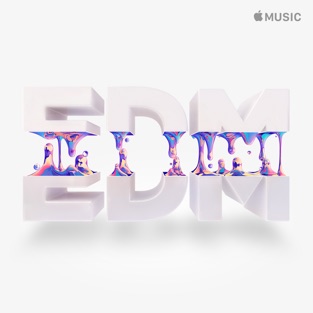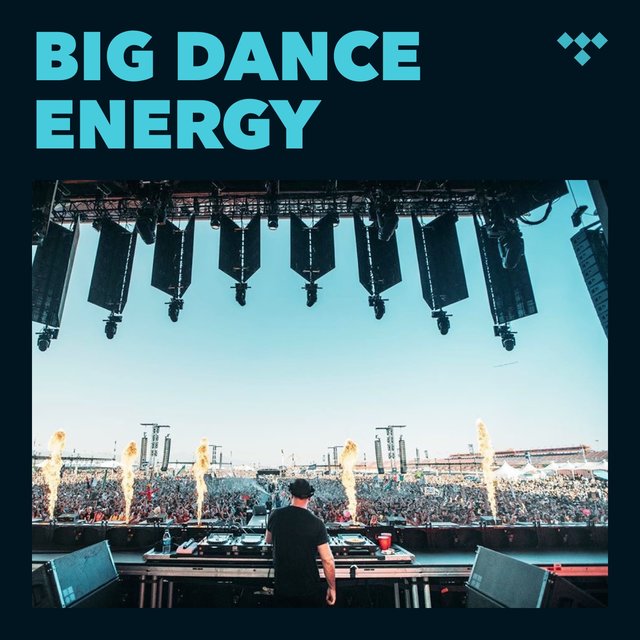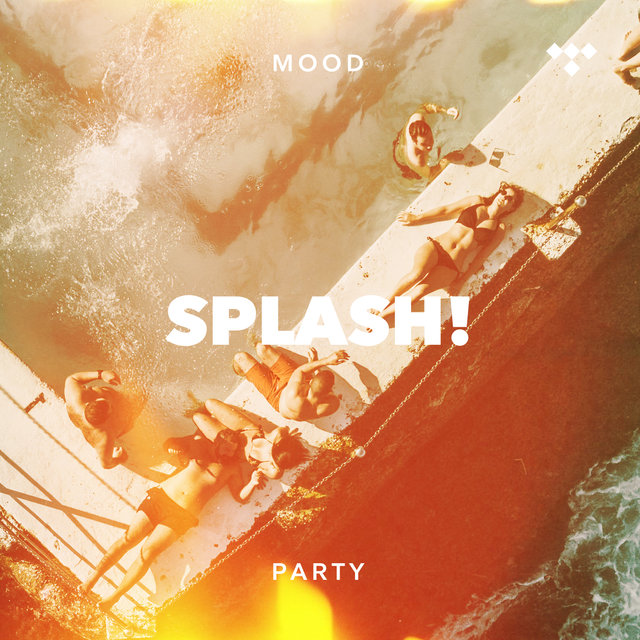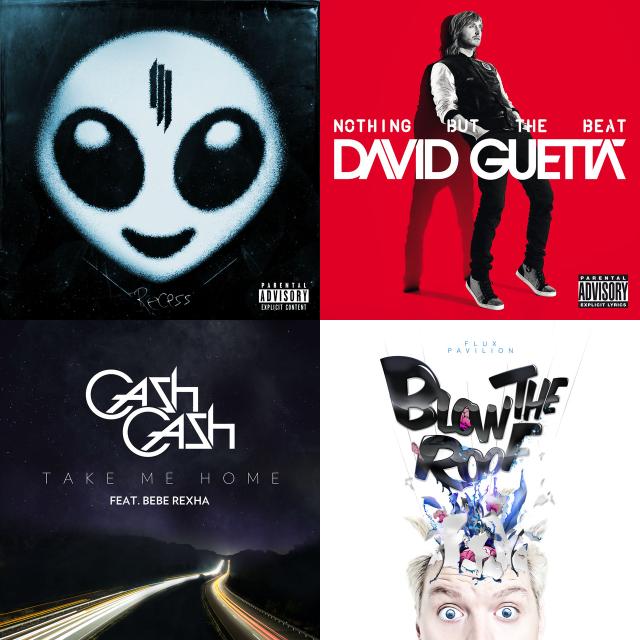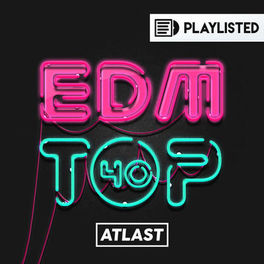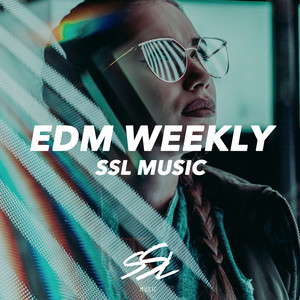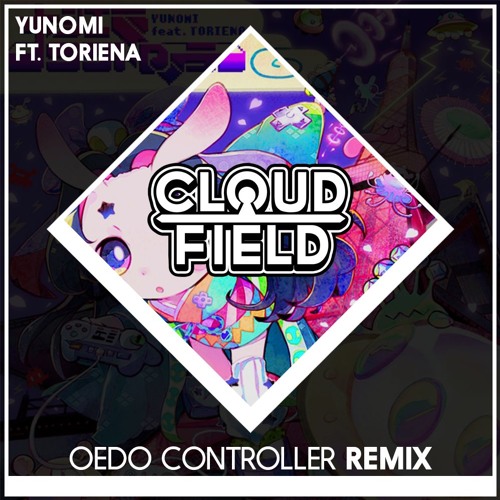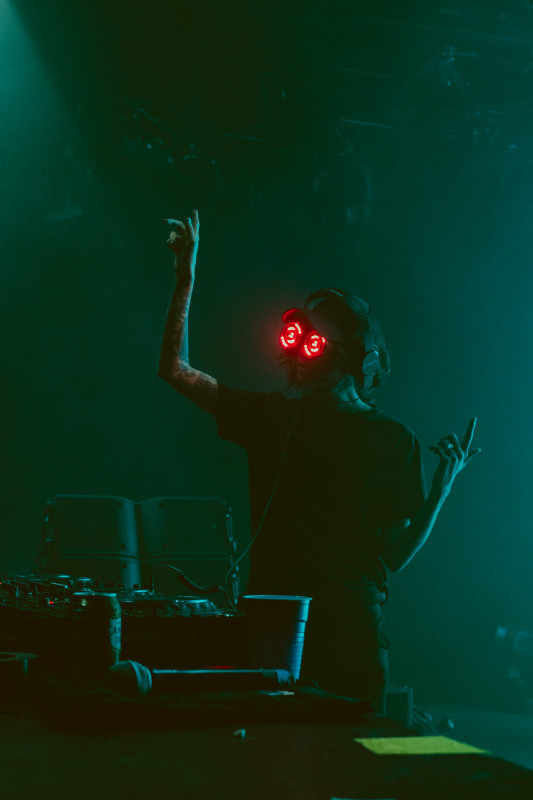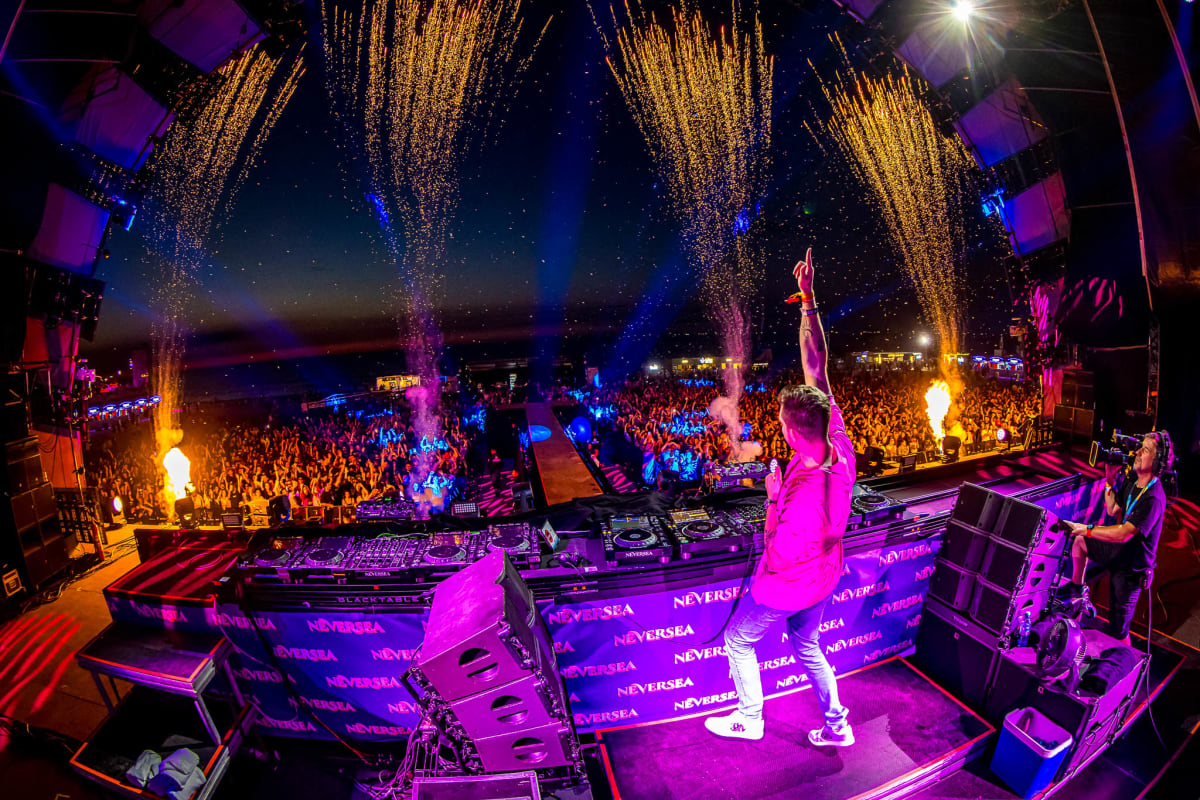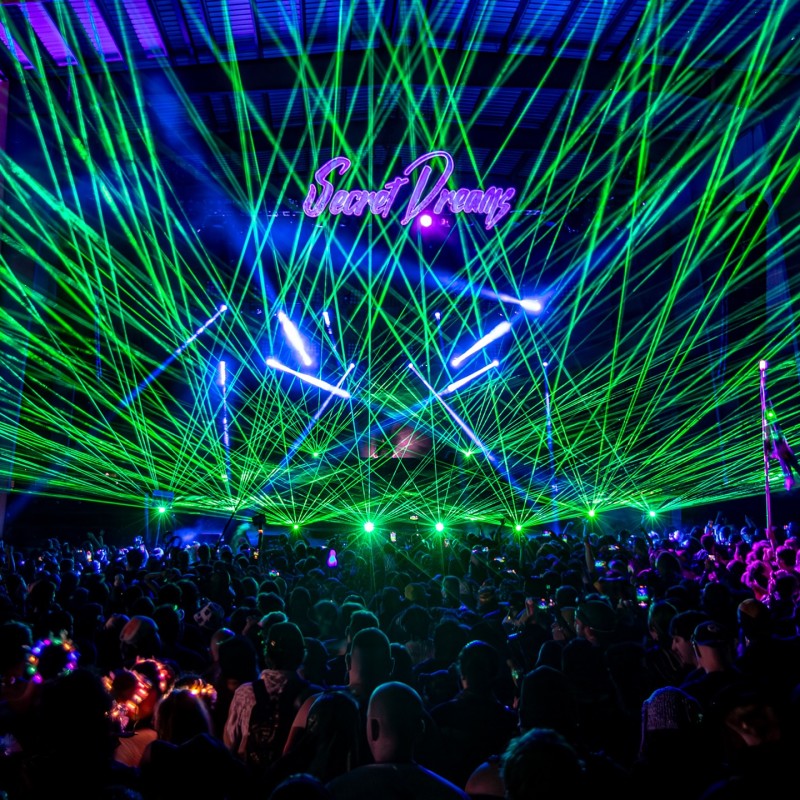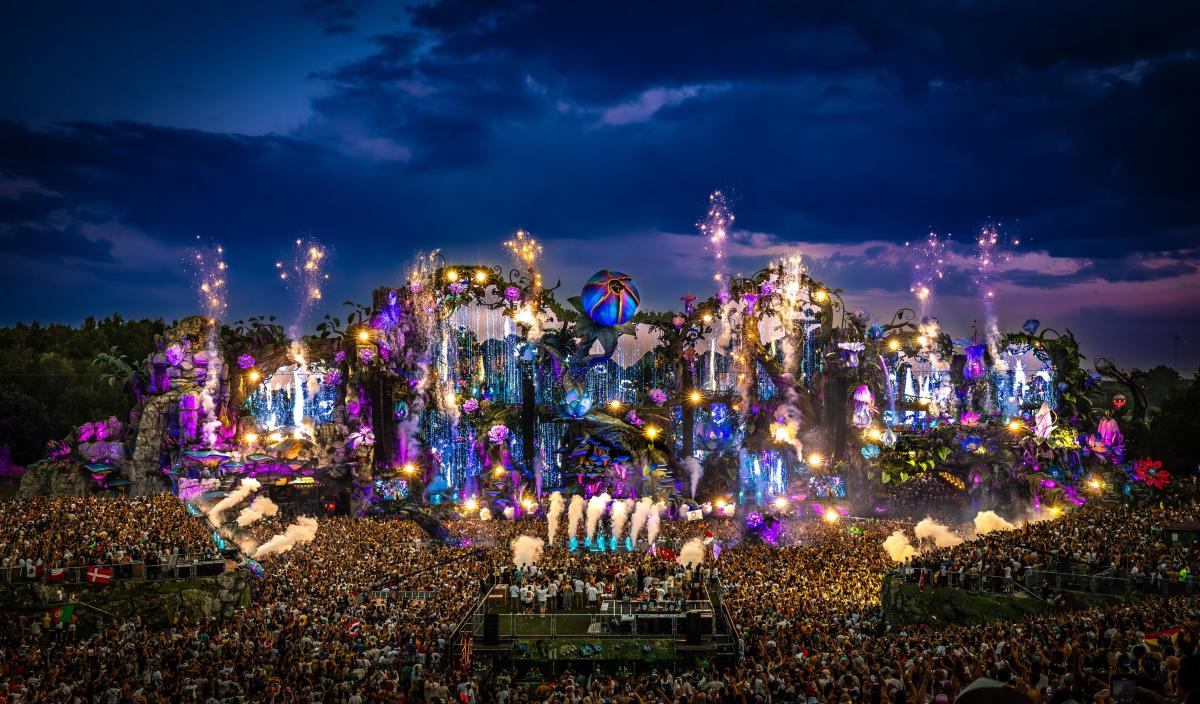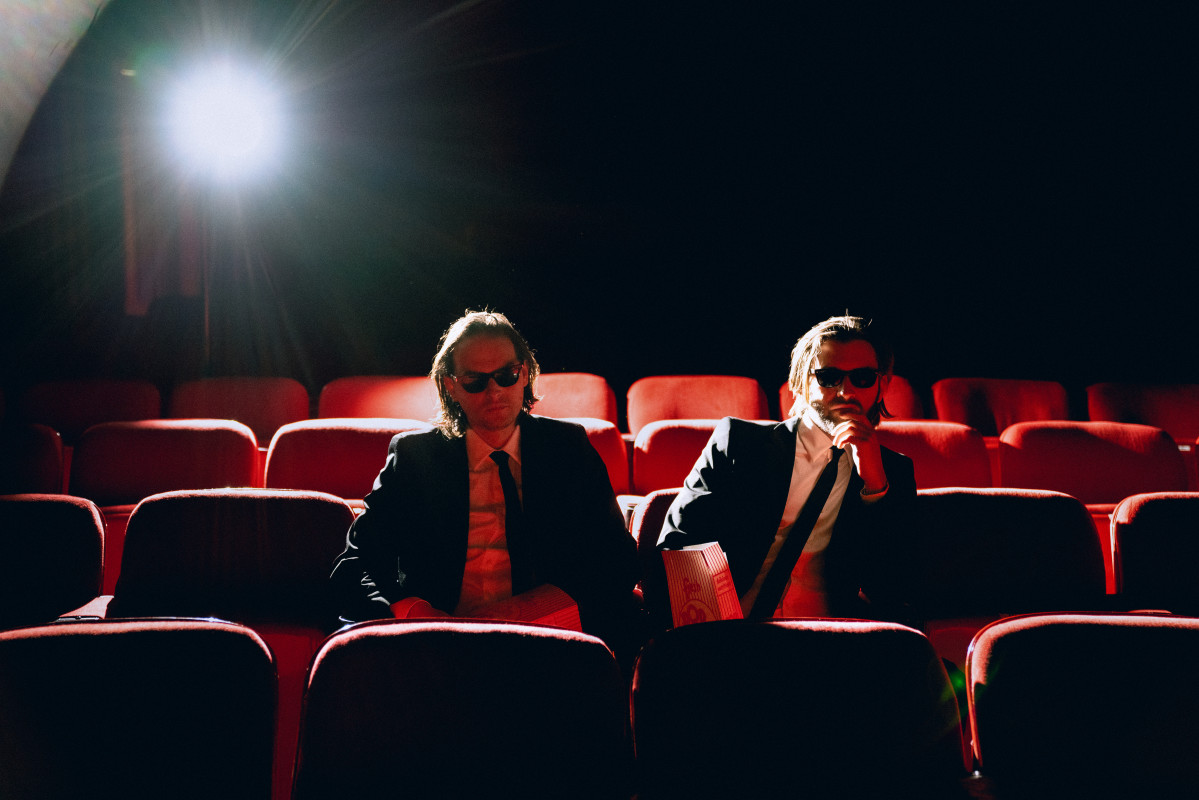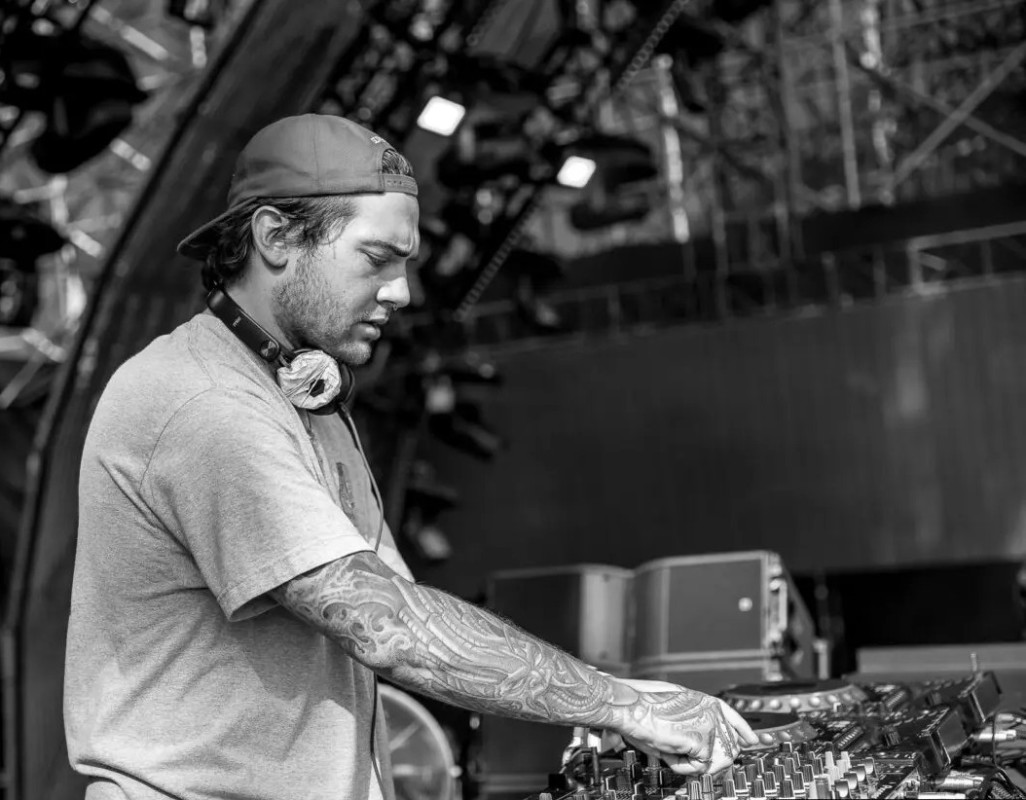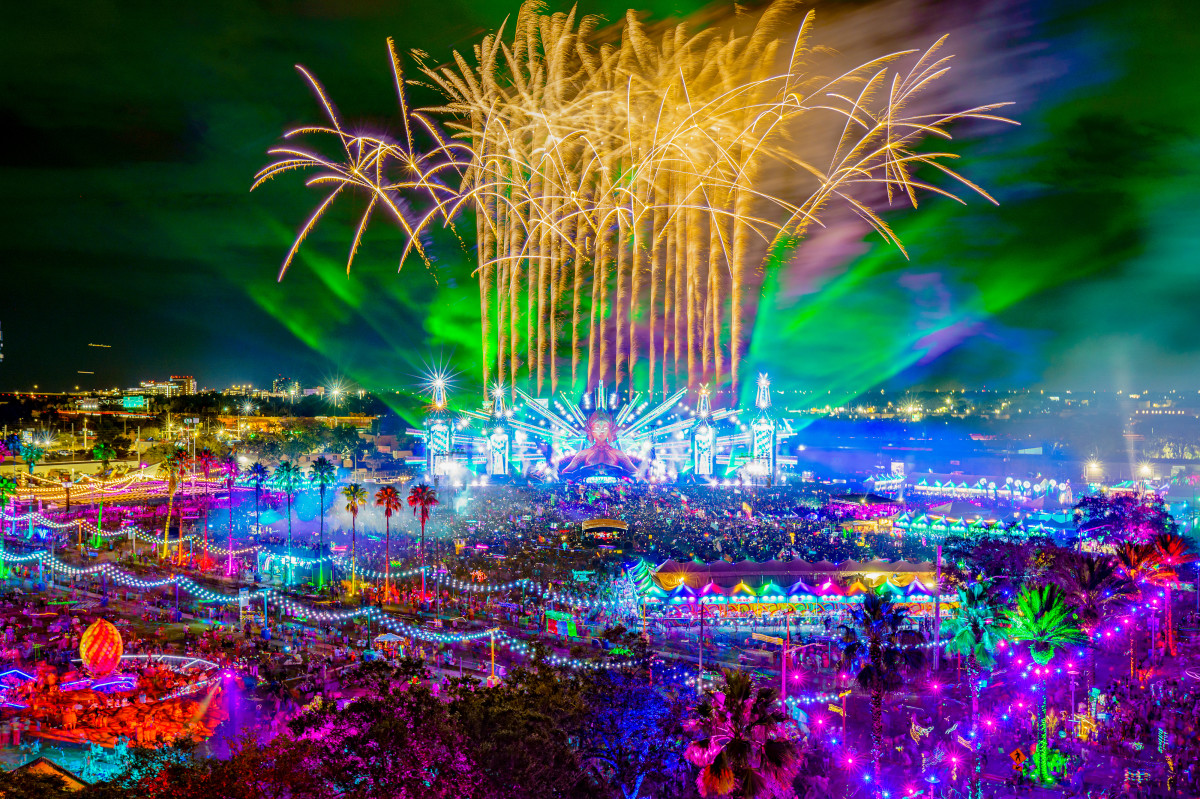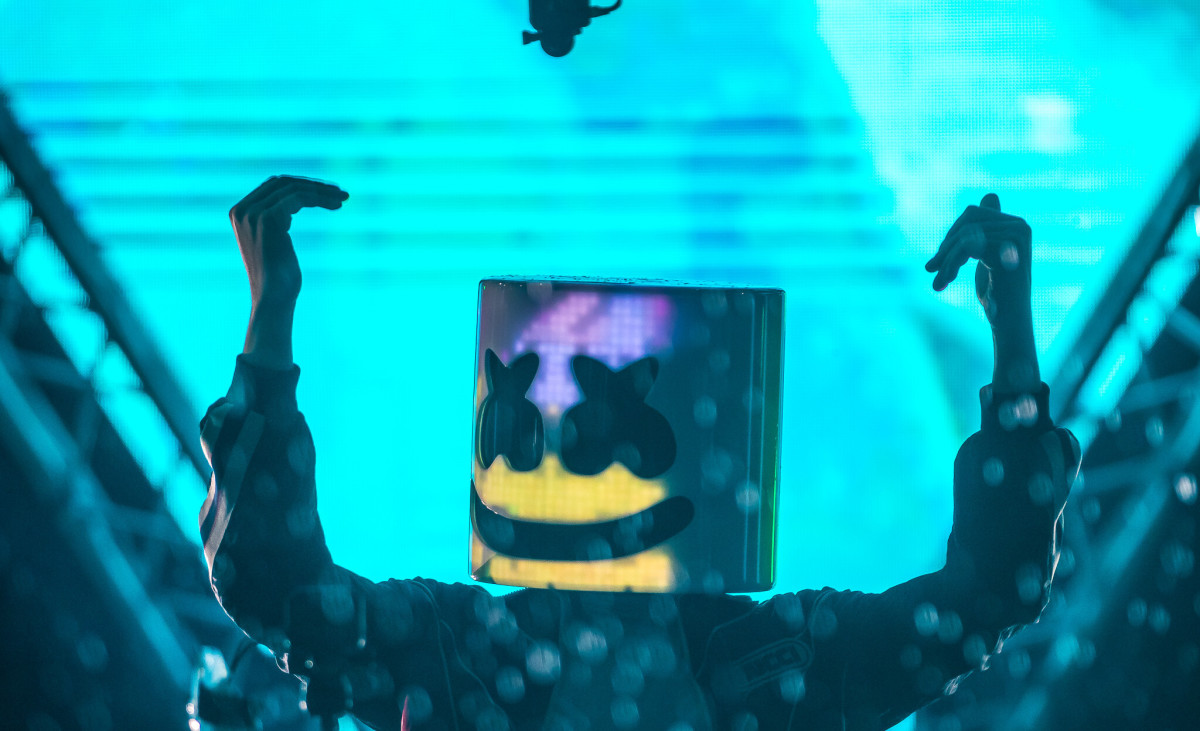EDM Proves to Be a Lifeline for Mental Health, According to New Study
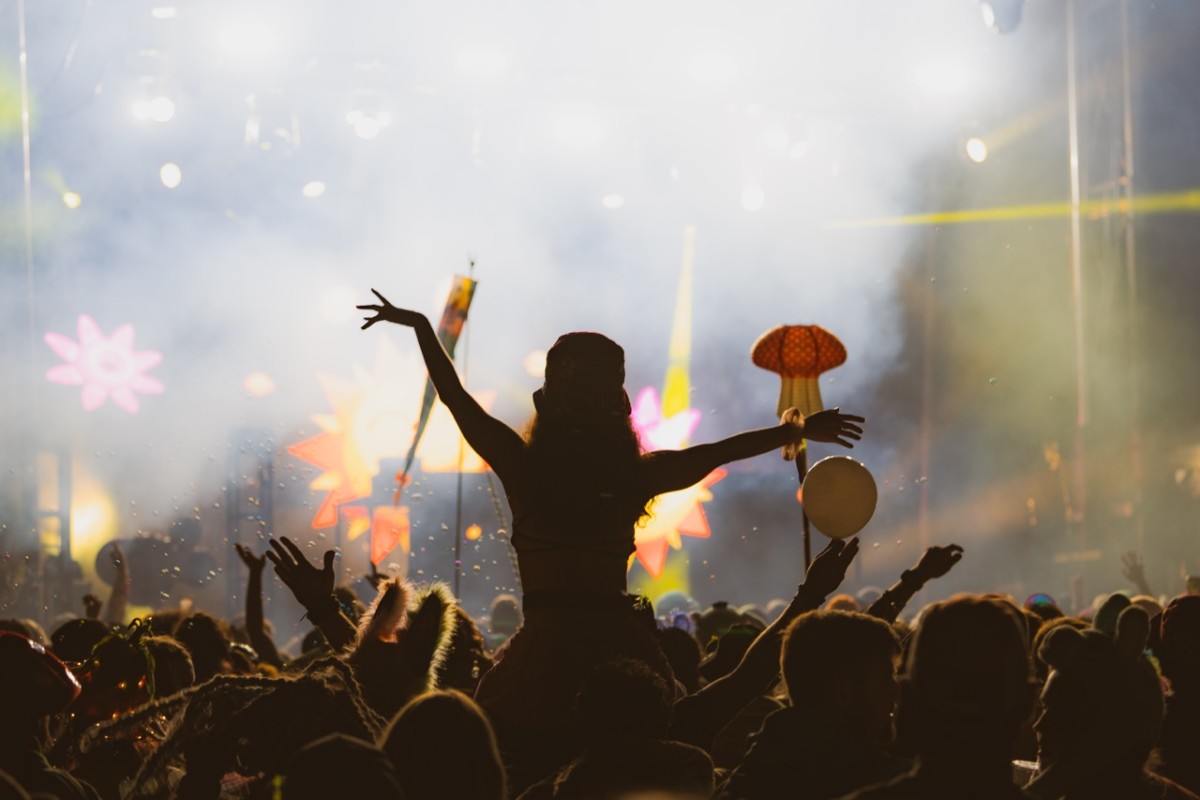
For many fans, electronic dance music is more than just sounds out of a computer—it's therapy. A new study highlights just how transformative EDM can be for mental health, shedding light on why so many listeners turn to the genre in times of emotional need.
Conducted by the team behind Tebra's The Intake platform, a comprehensive online resource designed to help independent healthcare practices, the study analyzed over 68,000 Spotify tracks and surveyed more than 1,000 people to explore how music supports mental wellbeing. The findings revealed a profound connection between EDM and mental health as more than 1 in 10 respondents identified it as their "go-to genre when feeling sad or depressed."
This comes as no surprise to longtime enthusiasts, who often describe the genre as a release valve for pent-up anxiety. Whether it's the euphoric atmosphere of a rave or the tranquility of chill electronic streaming session, EDM offers a unique blend of escapism and community that many other genres lack. About 43% of EDM fans reported being in good mental health and nearly 8 in 10 people surveyed overall said they’ve used music in general to pull themselves out of a dark time, further reinforcing its transformative power.
Healthcare professionals also backed these claims. About 1 in 3 healthcare professionals think EDM is the best genre for improving mental health, the study says. The music's naturally rhythmic properties are key to uplifting moods, reducing stress and even creating feelings of unity and joy—while dancing solo or in a crowd of thousands.
As mental health becomes a more prevalent conversation in today's global music community, Tebra's findings shine a spotlight on the genre's ability to connect people to their emotions in a way that feels both therapeutic and freeing. Check out the company's full study here.

